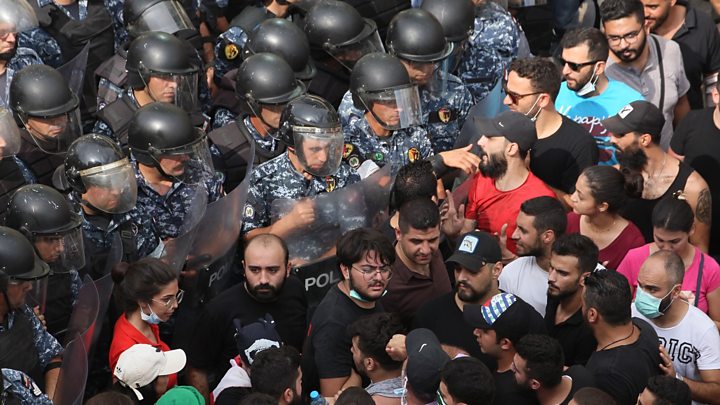
Protests raged for a second day in Lebanon despite the government backtracking on plans to tax WhatsApp calls.
The government had announced a $0.20 (£0.16) daily charge on voice calls made through WhatsApp and other apps.
But it scrapped the plans hours later amid clashes between security forces and protesters.
Thousands have protested, calling on the government to step down over its handling of an economic crisis.
Dozens were reported injured on Thursday as protesters burned tyres and security forces fired tear gas. The demonstrations were the biggest seen in Lebanon for years.
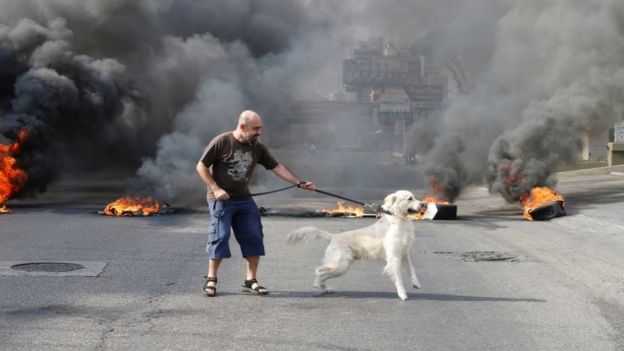 REUTERS
REUTERS
On Friday, Lebanon's Prime Minister Saad al-Hariri said the country was going through an "unprecedented, difficult time" but stopped short of resigning.
He issued a 72-hour deadline to his "partners in government" to stop blocking reforms.
Why are people protesting in Lebanon?
Thousands of Lebanese people have taken to the streets amid an economic crisis that many blame on the government.
"I was sitting at home and I saw the people on the move and so I came out," Cezar Shaaya, an accountant protesting in Beirut, told Reuters news agency. "I am married, I have mortgage payments due every month and I am not working. It's the state's fault."
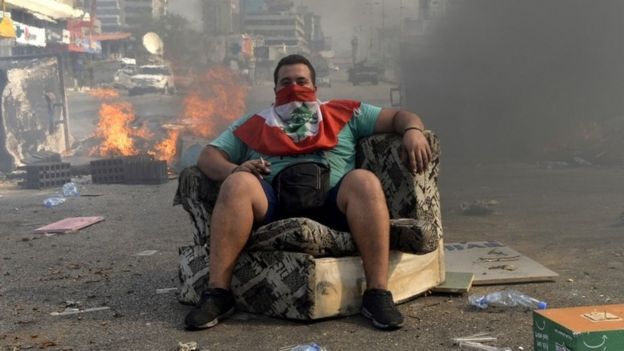 EPA
EPA
Chants of "the people want to topple the regime" echoed around Beirut's Riad al-Solh square on Thursday. Many also expressed anger over perceived inaction by authorities to tackle the country's worst wildfires in decades.
What about the WhatsApp tax?
On Thursday, the government announced a new daily tax for calls made via voice-over-internet-protocol (Voip), which is used by apps including WhatsApp, Facebook Messenger and Apple's FaceTime.
- How WhatsApp helped turn an Indian village into a lynch mob
- WhatsApp discovers 'targeted' surveillance attack
The government backtracked hours later, but the protests continued.
"We are not here over the WhatsApp, we are here over everything: over fuel, food, bread, over everything," said Abdullah, a protester in Beirut.
Middle East
Erdogan vows to 'crush heads' of Kurdish fighters
- 19 October 2019
- Middle East
Calls for revolution at Lebanon protests
- 19 October 2019
- Middle East
Iraqi man charged over deadly migrant boat capsize
- 19 October 2019
- Australia







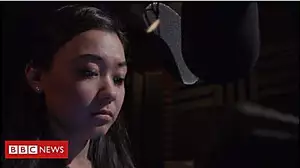

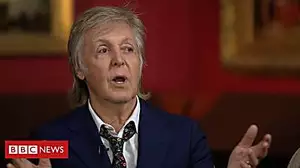

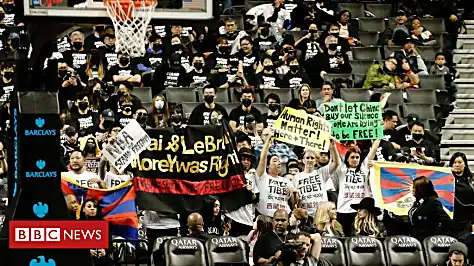
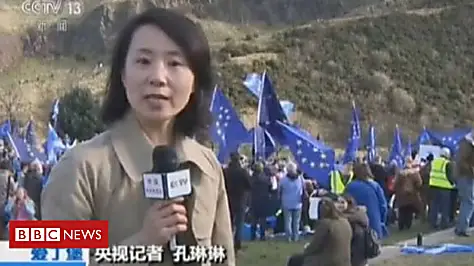









No comments:
Post a Comment